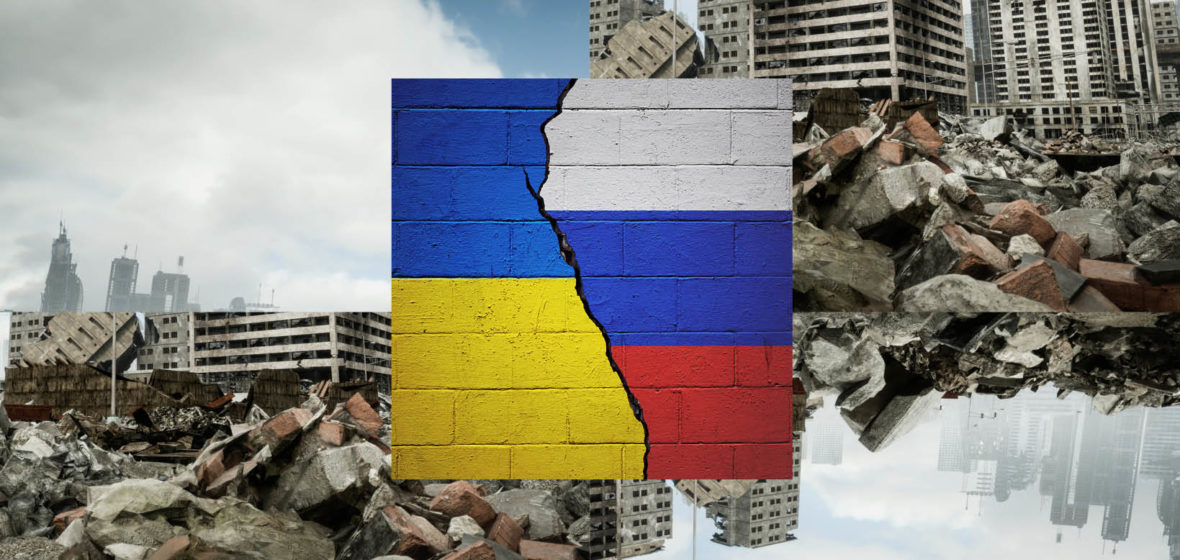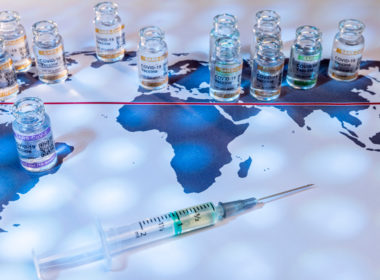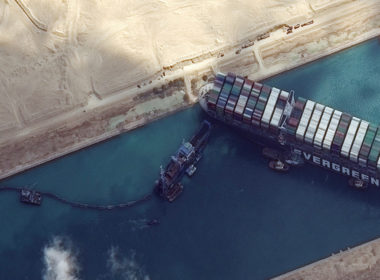Snapshot
- While Russia’s military operation in Ukraine is almost universally condemned as an unambiguously unlawful act of aggression, the conflict raises an unusual number of issues of international law.
- In the proceedings in the International Court of Justice, Russia denied using alleged genocide as a justification for its operations, asserting that it was acting in self-defence. Consideration is given to the possible justifications for the invasion, in light of the rules on self-defence.
- Media reports suggest several breaches of the laws of war have occurred, particularly by Russia.
On 24 February 2022, eight years after seizing Crimea, Russia began a ‘special military operation’ in Ukraine with the apparent aim of acquiring the whole of Ukraine and (re-)absorbing it into the Russian Federation. While almost universally condemned as an unambiguously unlawful act of aggression, the conflict raises an unusual number of issues of international law. This article outlines just some of those issues, including the various justifications claimed by Vladimir Putin, issues of secession, statehood and recognition, the conduct of hostilities, and the participation of foreign fighters.
Ukraine has a long and complicated history but a few points should be noted here. In the middle ages Kiev was at the heart of ‘Kievan Rus’, a federation that included parts of present-day Russia and Belarus, and which is regarded as a key part of their common cultural heritage.[1] Ukraine became part of the Russian Empire and later the USSR, becoming independent in 1991. Its eastern region of Donbas has long had a predominantly Russian-speaking population; when Russia invaded Crimea in 2014, pro-Russian separatist groups in Donbas declared the independence of the Donetsk and Luhansk People’s Republics (DPR and LPR), and with Russian military support have been fighting the Ukraine government ever since. Three days before the 2022 invasion, Putin recognised the two Republics as independent states.
A. The use of force
The use of force – prohibited aggression
As is well-known, the use of armed force is prohibited by art. 2(4) of the United Nations Charter and customary international law, except in lawful self-defence, or when authorised by the UN Security Council.[2] There was clearly no Security Council authorisation here so the focus is on self-defence, considered below. But Putin initially justified the action on another ground – the prevention of genocide.
The prevention of genocide
On several occasions in February 2022, Putin and his ministers accused Ukraine of committing genocide in Donbas, and declared that Russia’s military action was necessary to protect the population there.[3] Ukraine is challenging this in the International Court of Justice, arguing that under the Genocide Convention, a false allegation of genocide provides no lawful excuse for Russia’s actions.[4] On 16 March 2022, the ICJ found this argument ‘plausible’ for the purposes of indicating provisional measures, ordering Russia to suspend its operation.[5] It is far too early to tell how the Court will rule on the merits of the case, but as it noted:
‘it is doubtful that the Convention, in light of its object and purpose, authorizes a Contracting Party’s unilateral use of force in the territory of another State for the purpose of preventing or punishing an alleged genocide.’[6]
Although Russia refused to take part in the ICJ hearing, it sent a written submission to the Court in which it denied using alleged genocide as a justification for its operations, asserting instead that it was acting in self-defence.[7] This claim has several aspects, described below.




